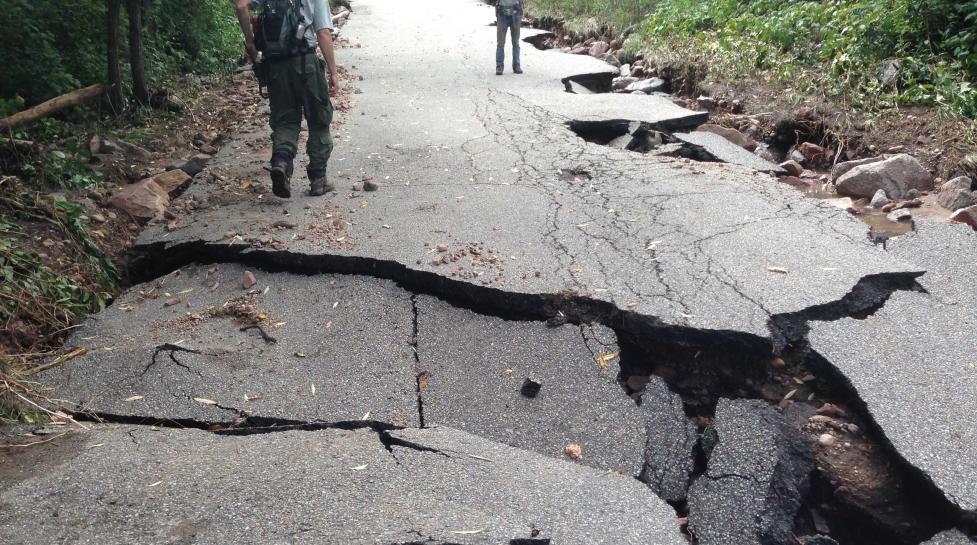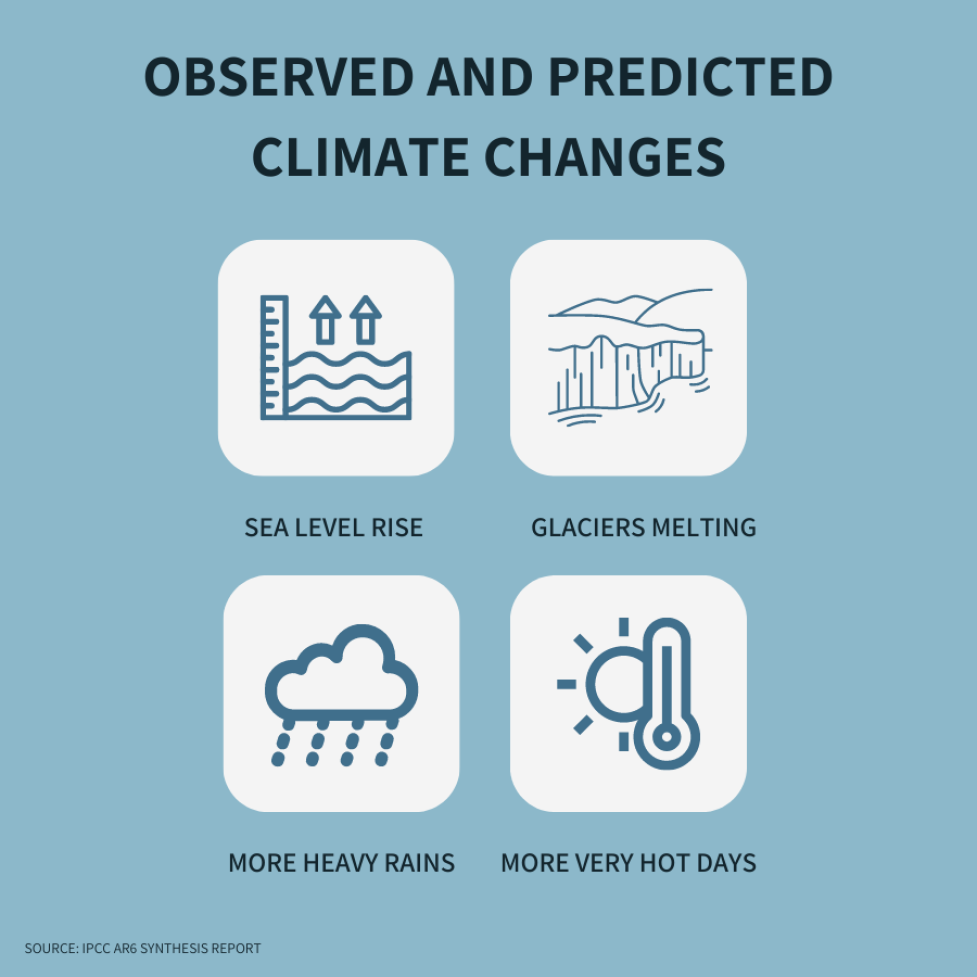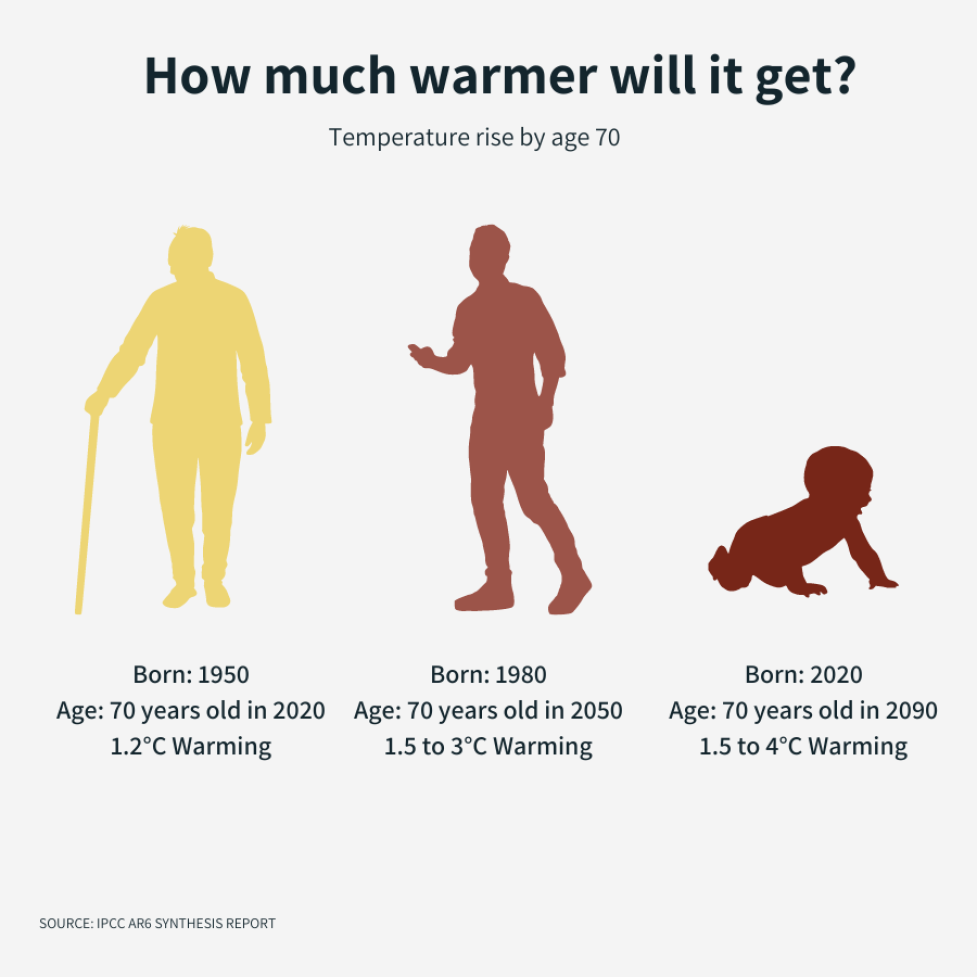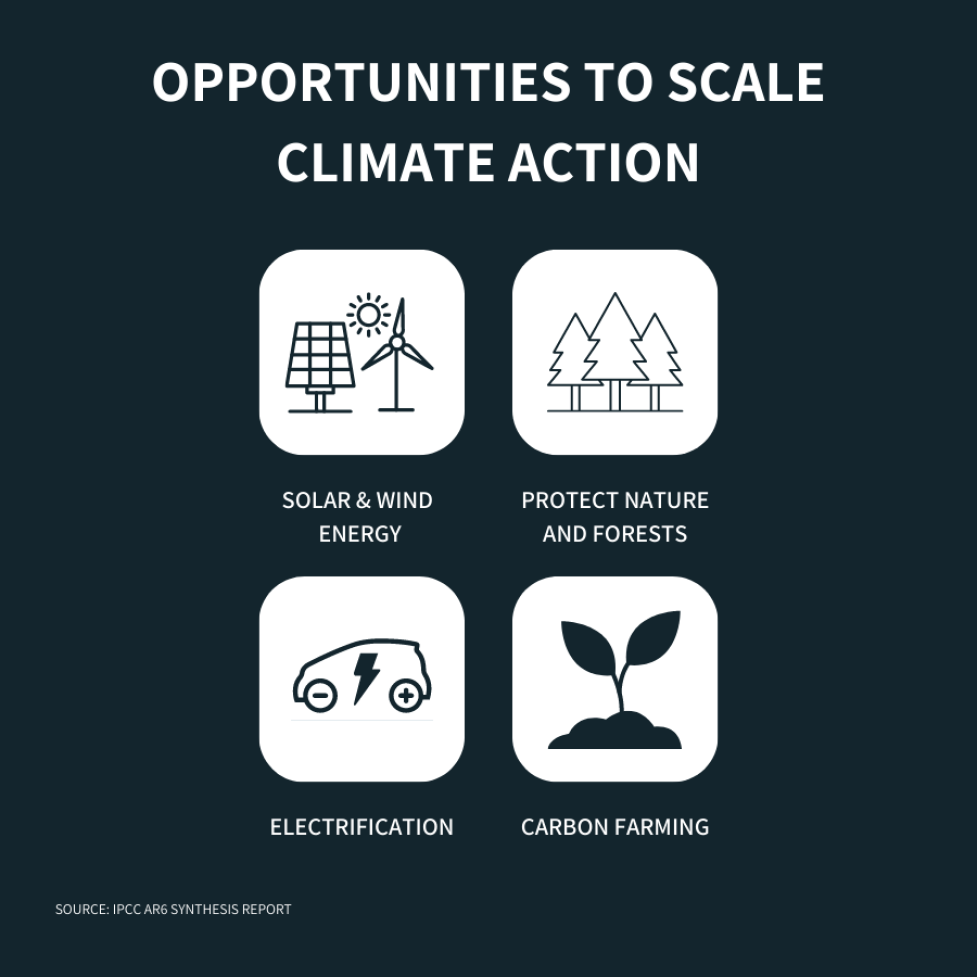On March 20, the United Nations Intergovernmental Panel on Climate Change (IPCC) issued its latest report.
This report provides a complete picture of how human-caused climate change affects our planet and the steps we can take to address it. The City of Boulder is reviewing the report and ensuring that our community’s climate actions align with solutions outlined by the IPCC.
Here are some key takeaways:



